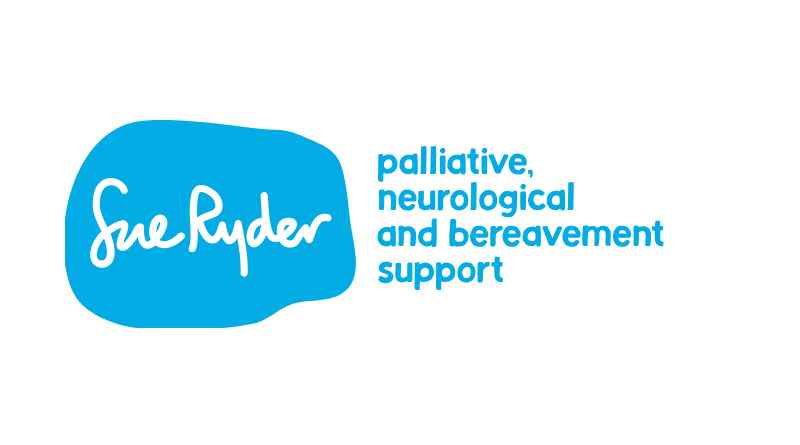Bereaved People Claim Lockdown Deaths Became “Just a Statistic”
Marking six months since the first recorded death from coronavirus in the UK by charity Sue Ryder is calling on government to permit ‘bereavement support bubbles’.
Sue Ryder recently undertook a survey* in the UK to ask people who have experienced a close death or bereavement since March 2020 how they have found their experience of grieving during lockdown. Over half of people (55%) who experienced a bereavement during the UK lockdown said that they feel that their loved one’s death has become ‘just a statistic’.
In addition, 62% of those grieving feel that, as a nation, we have become desensitised to death due to the way in which the Covid-19 pandemic was documented.
Their research also found that the biggest challenges for those who experienced a bereavement during lockdown was feeling isolated and alone when grieving (62%) and feeling as though their grief had been forgotten amidst the global crisis (59%).
When questioned on what they felt would be helpful for other bereaved people during either a future local lockdown or another period of national lockdown, two thirds (66%) of people said being able to form a ‘support bubble’ with one other household would be a vital source of support.
Sue Ryder are calling on the government to extend the support bubble policy to include bereaved people with more than one adult in the household, for example housemates and older children. This would allow bereaved people to form a support bubble with another household without the need for social distancing, for any future local lockdowns or if the UK enters a second national lockdown.
The charity believes that a bereavement support bubble would help people to feel less isolated and alone by creating a support network whilst they come to terms with their grief.
Heidi Travis, Chief Executive at Sue Ryder, said:
“As a nation, we are experiencing bereavement and grief on a greater and more profound scale than ever before.
“Integral and deeply personal elements of the bereavement journey have been disrupted for so many over the last few months due to social distancing measures. So many people have been unable to say goodbye to those who have died, they have then had to grieve in isolation, without the physical presence or touch of those close to them.
“Sue Ryder is calling on the government to provide better support for those who are grieving in the case of further lockdowns. By extending the existing support bubble regulations we can ensure that people who have experienced a bereavement will have a support network around them.”
Alison, a member of the Sue Ryder Online Bereavement Community, lost her husband to coronavirus suddenly at the beginning of lockdown:
“I didn’t go out of the house for seven weeks apart from to go to Andy’s funeral. I have had no physical contact – no hugs, no touch on the hand, all of which you would take for granted under normal circumstances. The anxiety has had a terrible effect on my weight so I’ve become quite weak and there is the added pressure of needing to return to work.
“Although it is painful for me to read some of the posts on the Sue Ryder Online Bereavement Community, there are so many things that resonate with me. I can see that people are upset or angry because they are grieving and I understand that. They are looking for some kind of solace.”
Carolyn Harris, MP for Swansea East, is supporting Sue Ryder’s call to the government:
“Grief is extremely complex – even without the added anxieties of the coronavirus pandemic and lockdown.
“For many people who have been bereaved since lockdown began, this has been an incredibly isolating time. The ability to form a bereavement support bubble without the need for social distancing, as single adult households are currently able to do, could make a huge impact for someone who is grieving.
“That is why, along with parliamentary colleagues, I am writing to the government to back this proposal by Sue Ryder. It is important the government does all it can to support people who are bereaved, and bereavement support bubbles would be a significant help to people in the event of future local lockdowns or a further national UK lockdown.”
When further reflecting on their experiences with grief during the pandemic, over half (54%) of people grieving for someone stated that the way in which the Covid-19 daily death toll was documented – a number which represented families each day who were having to cope with the devastating loss of a loved one – removed the personal side of grief. The majority (61%) also found the emphasis on the economic ramifications of coronavirus difficult to handle when dealing with their bereavement.





